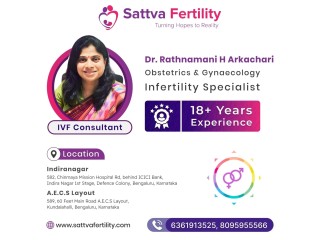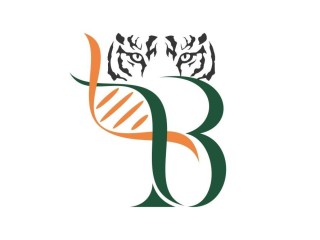Unveiling The Health Drawbacks: Disadvantages Of Eating Non Veg Professional
1 year ago - Services - Delhi - 9 viewsPeople like to eat non-vegetarian food because it tastes good, has cultural effects, and has a lot of protein in it. But there are some big problems with it. Some environmental problems, like deforestation and more greenhouse gas pollution, can be caused by diets that don't focus on plants. Due to farming methods, there are health risks like higher cholesterol levels, heart disease, and more antibiotic resistance. Because of ethical worries about animal welfare, many people choose to eat only plants. When thinking about eating non-vegetarian food, it's important to find a balance between personal choices and the bigger effects on health, the environment, and animals.
Even though eating non-vegetarian food is a good way to get a lot of important nutrients and vitamins, it also has some drawbacks. It's important to remember that these problems can be different for different people, depending on their health, their culture, and the choices they make. Here are some of the most usual Disadvantages Of Eating Non Veg:
Health Risks: Some study shows that eating a lot of red and processed meats, like beef, pork, and sausages, may make you more likely to get heart disease, diabetes, and some types of cancer. Some of these foods have a lot of saturated fats, cholesterol, and sodium, which can be bad for your health.
Environmental Impact: The production of non-vegetarian foods, especially livestock farming on a big scale, is often linked to more negative effects on the environment. Livestock farming causes trees to be cut down, releases greenhouse gases, and uses too much water. This can make the atmosphere change and destroy habitats.
Antibiotics and Hormones: In some types of intensive cattle farming, antibiotics and growth hormones are often given to animals to help them grow quickly and keep them from getting sick in close quarters. Consuming meat from animals that were given these substances could lead to drug resistance and put people at risk of health problems they didn't expect.
Concerns about ethics: Many people choose not to eat non-vegetarian food because they think it is wrong. People's food choices can be affected by their feelings about animal care, cruelty, and the way animals are raised and killed.
Foodborne Illnesses: If you eat non-vegetarian foods that are undercooked or contaminated, you are more likely to get salmonella or E. coli diseases. To reduce these risks, it is important to cook and handle food in the right way.
Beliefs from different cultures and religions: Some cultures and religions encourage vegetarianism as a way to show respect for animals, the environment, and holy values. For people who believe in these things, eating non-vegetarian food could be seen as wrong or insulting.
Personal Preferences: Some people may feel bad when they eat non-vegetarian foods because of personal pain, allergies, or intolerances, which can hurt their overall health.
Cost: Non-vegetarian food, especially lean and high-quality cuts of meat, can often be more expensive than plant-based options. Cost can be a problem for people and families who don't have a lot of money.
Digestive Problems: Meat can be harder to digest than plant-based foods, which can make some people feel uncomfortable or have problems with their digestion.



















